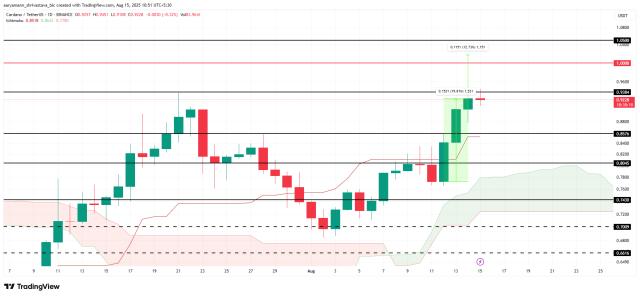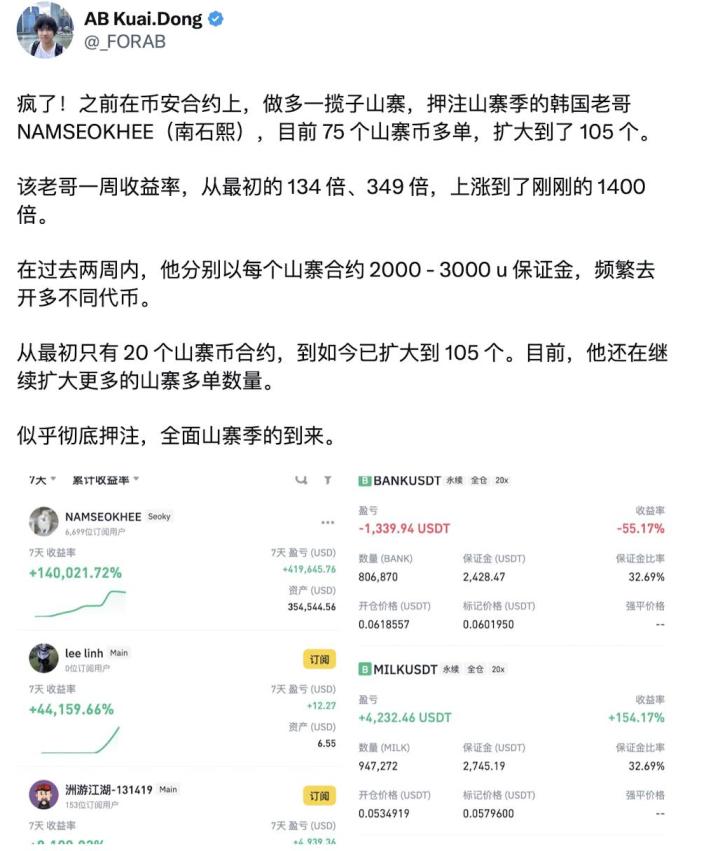
Google has stepped forward to clarify the controversy surrounding its Play Store cryptocurrency wallet policy revision. Although the cryptocurrency community strongly protested when the initial announcement was interpreted as regulating all wallet apps, Google clearly stated that "wallets directly managed by individuals are not subject to regulation".
According to the new policy to be implemented from October 29th, only wallet apps provided by exchanges must obtain licenses from each country's financial authorities. In the United States, FinCEN registration is required, in the UK, FCA approval, and in the EU, MiCA certification is needed. In contrast, Google explained that personal wallets where users directly store and manage their private keys are completely excluded from such regulations.
This incident revealed the fundamental dilemma inherent in the cryptocurrency ecosystem. Despite advocating for decentralization, the reality is that they must rely on centralized platforms like Google Play Store and Apple App Store. Especially since Android occupies over 70% of the global smartphone market, a single policy change by Google can directly impact hundreds of millions of cryptocurrency users.
The Korean situation is no exception. This incident reconfirmed that the cryptocurrency wallets Korean users can use are ultimately determined by global tech companies' policy decisions. Moreover, in the process of preparing virtual asset-related legislation currently being pursued by the government, the approach of distinguishing and regulating exchange wallets and personal wallets adopted by Google is likely to become a reference model.
Jacob Whitman, legal officer of Plasma Foundation, pointed out, "The policy change itself is not a major issue, but the problem is that massive tech companies hold app distribution rights, which means we are still subject to their decisions".
The industry is evaluating this incident as an opportunity to remind people of the importance of personal wallets. The analysis suggests that directly managing one's own cryptocurrency, rather than entrusting it to exchanges, is crucial for securing true ownership and avoiding regulatory risks.








